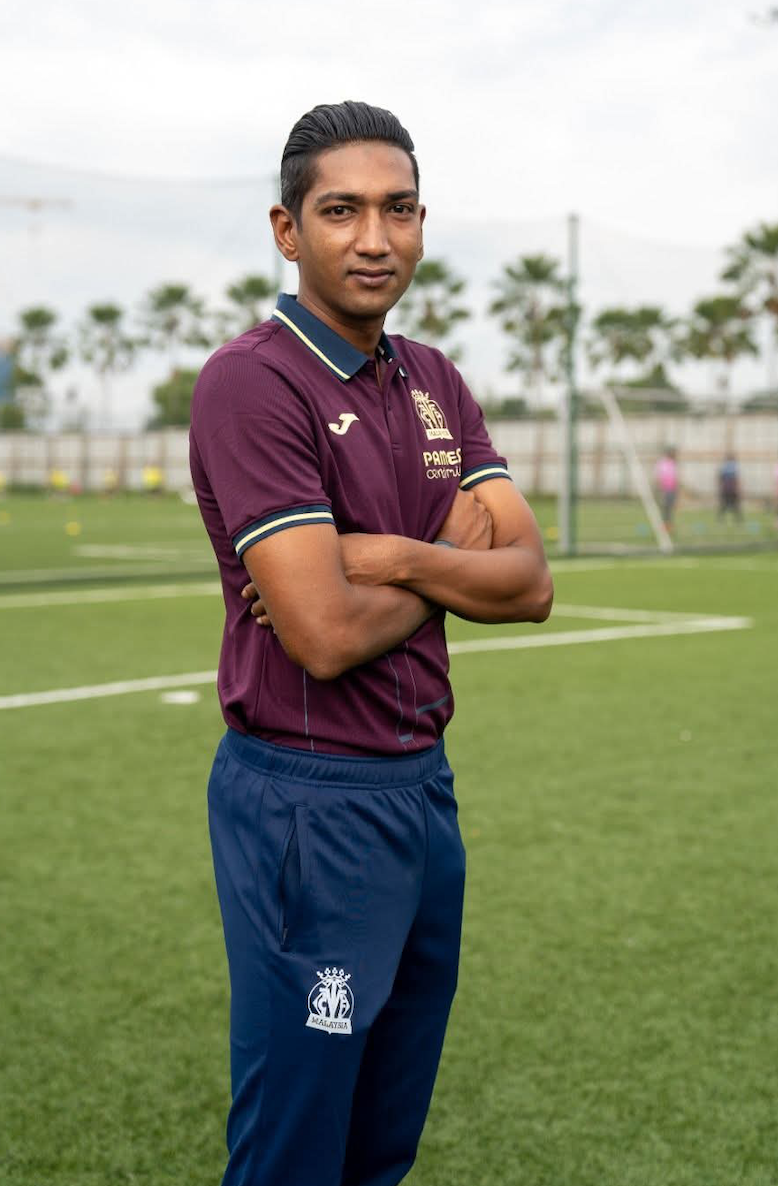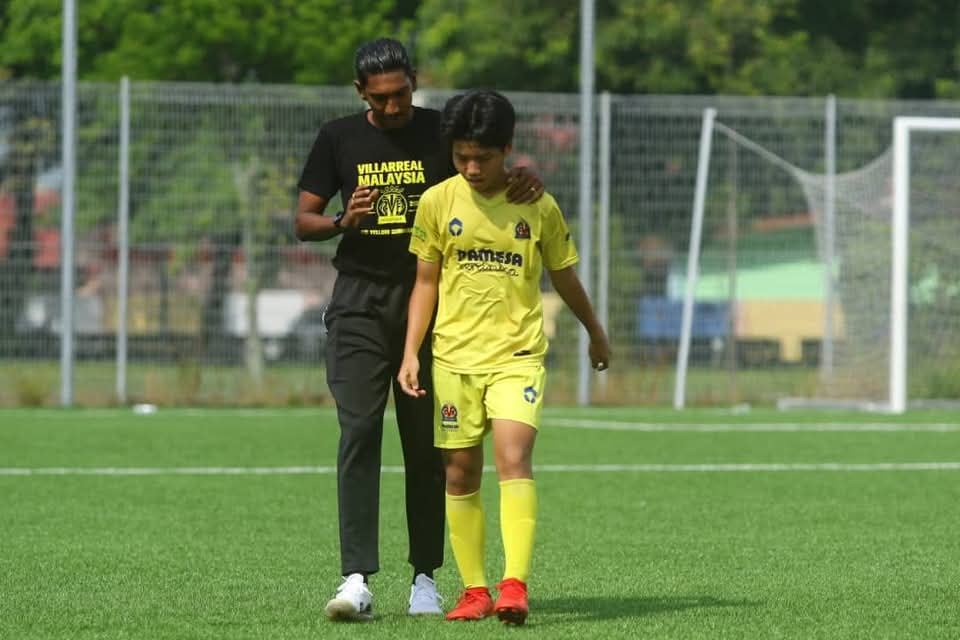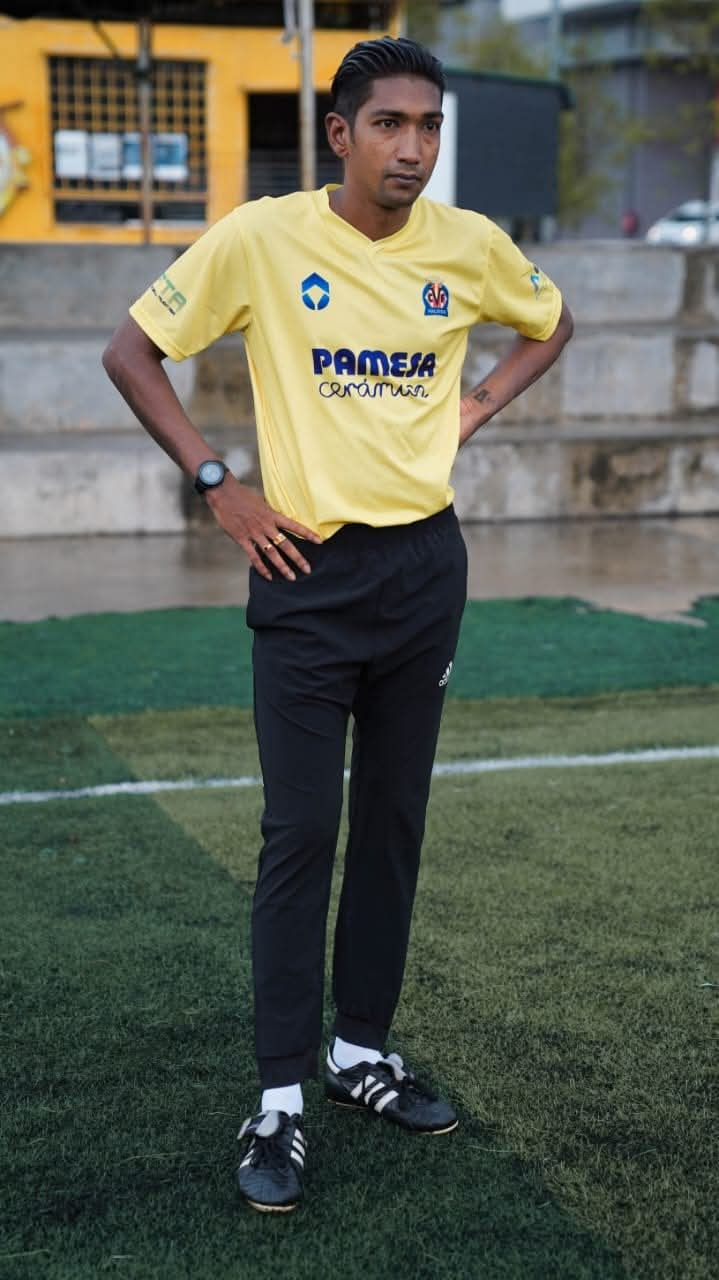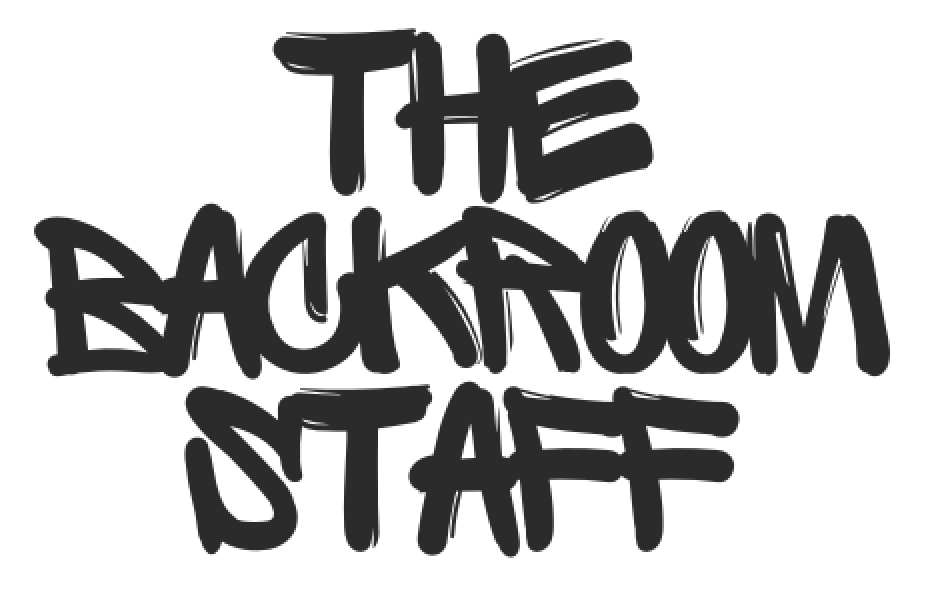One of the benefits of being the world’s most popular sport is the ability to expand into new markets. In the 21st century, this expansion has become a key business focus for top clubs, with strategies ranging from preseason tours to high-profile commercial deals. The goal is always the same: grow the brand.
Villarreal, one of Spain’s top clubs, is part of a growing number of clubs establishing academies abroad in an attempt to grow their brand. Traditionally a small club, Villarreal’s fortunes changed after earning promotion to La Liga for the first time in 1998. Several deep runs in European competition including a dramatic triumph over Manchester United in the 2021 Europa League Final has raised their profile considerably. Key to their success has been their academy, credited with developing a range of top players - including 2024 Ballon d’Or winner Rodri.
At the heart of Villarreal’s efforts to grow its academy model overseas is Visnu Nair. With a career spanning roles as a professional player, coach, entrepreneur, and now academy manager at Villarreal Malaysia Academy, Visnu brings unique insights on football’s globalization. From growing up around the game to the complexities of running a franchise academy, his journey offers a look at how clubs are connecting with new audiences.
The interview has been condensed and lightly edited for grammar and clarity.

[ Your father was an important figure in Malaysian football - how did this impact how you grew up with the game? ]
Yeah, I grew up surrounded by football. My mom was a national player as well, playing for the Malaysian women’s team in the ‘70s and ‘80s - that’s how my parents met, they actually played for the same state.
My dad went into professional coaching and for me, he reached the highest level - coaching his own national team. He used to say, ‘in a country, there are two most important roles - the prime minister and the national team coach’. They're the most targeted ones.
He was with the national setup for a long time, starting from the U17s and working his way all the way up to the national team. Sadly he passed away in 2023 but I am so glad he managed to achieve his dreams.
So football has been important to me growing up, I’m ‘football royalty’ if you like, it’s in my blood! My parents didn’t tell me to play football or work in football and I saw how hard it is, how hard you have to work and the luck you need as a player or a coach. My dad even tried to send me to the US to study and play over there - still, I decided to pursue football as a career.
After some time in the US, I got a contract with a state team over here and tried to juggle studies and football. I can’t say it was always the right decision but I don’t regret it one single bit and now I’m 31 this year and have my master’s and coaching qualifications.
[ How was your transition from player to coach? ]
I always knew that this was the path I’d take and of course, I’d been around coaching environments. I got my first license the year I stopped playing so it was a quick transition.
After seeing my dad work on training plans, managing a team, etc I can say I was pretty well prepared. That’s why I’m also working on my own company - MYCoachingHub - where we prepare people who aren’t as lucky as me to experience these environments from day one.
I had a little bit of luck and got a job quickly so the transition was pretty smooth. Coaching can be very humbling but this is your line of work! I’ve seen my father who was the national team coach, coach U6’s - so you can’t have a big ego. If you love coaching, the level doesn’t matter.
[ Why did you start MYCoachingHub? ]
Well, before my dad passed he was the longest serving president of the Malaysian Football Coaches Association - they represent all the national and professional coaches. I saw this and thought about a private version of this because in a private entity, you can run things at your own pace. I like to work very fast and in sports organizations, there are usually lots of procedures and processes.
We work with different partners in the UK and a university in California (USA) and offer continuous professional development courses for coaches at their own pace. Basically, we provide more choices for coaches out there and try to expose coaches to new styles and techniques from different football philosophies around the world.
It’s not a full time job right now and I need proper funding to run it on a bigger scale. I’m comfortable with it though because I have a big role with Villarreal and I enjoy that because it’s every day and I’m involved on both the technical and business side.
[ You recently became General Manager of Villarreal Malaysia Academy - what responsibilities do you have in this role? ]
The academy is a franchise of Villarreal CF in Spain. It’s owned by a company called Football Talent Asia (FTA). My role is to oversee the whole academy. Currently, we have three training locations currently in Malaysia and ~500 ‘students’.
We have two different types of training programs - an academy program, which is more serious and a pathway to professional and a soccer school program which is a foundation phase. We’ll launch a third - an elite team. Including the ‘little submarines’ we run from 3 years old all the way to our U19 team.
My job is to implement the plans the club has through 2027, including growing the brand and expansion to a few other states within Malaysia.
[ Are you still coaching as well? ]
I stopped coaching players this season and transitioned to mentoring coaches - I still go to the field and get involved but I don’t take a team. Our previous technical director just got a job with FIFA as a talent development coach so we had to let him go because that’s a great next step in your career. So right now, I’m in a sort of interim role overseeing and giving my input on the technical side as well.

[ What is the connection between Villarreal and Football Talent Asia? How involved are Villarreal in the club? ]
We are an international academy partner of Villarreal. We’ve been working with them for two years already and have agreed to work together until 2027. Every year we bring coaches from Spain to Malaysia (or vice-versa) at least twice. This year, we’re planning to bring around 10 players and a few coaches to Spain in May and November.
We feel comfortable working hand in hand with them. I have calls with them on a weekly basis, as do different departments within the club.
Before Villarreal, I was with a club that started a franchise with Southampton in 2022 and my dad in 2005 started at Arsenal Soccer School in Malaysia - where I was also involved as a youth player - so I’ve been exposed to a lot of different academies in the franchise model so I know how it works.
I think there are two ways to go in youth development, two pathways - you have the private side and the national side. The national side is less lucrative because the money is not there - it’s stuck at the highest professional level but isn’t funneled down to youth development. The private side can be better but again, it’s hard because when you have a brand like this (Villarreal) we’re paying them yearly royalty fees in Euros - it’s almost a 5 to 1 exchange right now!
To fund this, we have to run different programs. When you're running a business you have to run it differently to an academy. We also have to think in terms of revenue generation, things like selling merchandise and coming up with new programs that are profitable like doing camps. All of this revenue will help the academy grow. It can be very volatile too, if you have 500 players, okay but if players suddenly drop out, it will affect your revenue.
[ What are the main benefits of working with a big European club? ]
We implement their academy methodologies over there. They have a very good academy and use a holistic approach to player development to create well-rounded players - Rodri spent 6 years in their academy for example.
We think their approach and philosophy are suitable for the culture in Malaysia. A lot of people want to play like Barcelona - I’ve learned this methodology too, I got my diploma from Barcelona University. But I think a well rounded model suits a franchise more because a lot of things, including culture, come into play. We want to build a utility player - a James Milner, for instance.
"They have a very good academy and use a holistic approach to player development to create well-rounded players"
[ Do you know how many other academies Villarreal - or clubs like them - have abroad? ]
We actually just hosted the first Villarreal Asia-Pacific Camp. There’s a club in Dubai, the Philippines, Kuwait, a couple in Australia and India - they’re pretty active in Southeast Asia. There’s also an U12’s ‘select team’ with the best players from each of our academies.
[ What are Villarreal’s goals? Is it just growing their brand or are they looking to bring players into their academy as well? ]
I think Villarreal - and clubs from Europe generally - want to increase brand awareness in Asia.
But it’s very good because football is all about sharing. Different countries have different philosophies, different teams have different styles of play. In the past you had to physically go - I’ve seen my father doing coaching diplomas from Brazil and England and all around the world. Now, you can transfer knowledge without leaving your seat!
But again, it is a business and it all depends on the franchise owners and what their vision for the club is. As someone coming from a background in professional football, it’s very hard for a Malaysian player from a private academy to go to a club like Villarreal. That’s just the truth.
But what we can do is help educate players, show them how an elite club trains, how they do their warmups, how they think. Giving this experience is very important for us and can help our players improve. So our goals are to create a pathway for players to continue playing but not a pathway to Villarreal - it’s a million to one chance and realistically you wouldn’t be with us but in a national or professional state setup.
We have already pushed some of our players to the professional state teams and clubs at the U19 or U23 level. We also have a senior team, FTA FC, that plays in a local Selangor league. But we always advise our players to go to university, to go and study. They can always come back but at that age, you shouldn’t miss the opportunity to study because not everyone can go back and do it over. It depends on the individual but I don’t want to tell them to go and play Malaysian football as a pro player and then not get paid for 9 months!
[ Do you have a sense of how other clubs and academies view your club? ]
There's no Malaysian Super League team other than Johor (JDT) that has a full academy. It’s going to start now but that’s the reality of Malaysian football.
So I can't say how they would look at us but I can speak for us and how I’d like them to look at us. I’d like them to see us not as competitors because we certainly don't look at them as competitors. We look at ourselves as, ‘okay, this is our niche. This is how we are going to contribute, whether it's through the player experience and the pathway we have or coaching education, etc.’
I’m very open to sharing and working with other clubs and academies. I believe knowledge is not meant to be kept.
[ Do you think foreign club franchises are a good thing for Malaysian football? ]
You need to look at countries that have been successful in football. You can't just get up one day and say, 'we're the best in the world!' Track record and proven strategy are important. We look at Europe to see how they develop players, what is the best way to train and so on.
My bosses and I realized that if we can follow a proven record from some of the best academies, we can contribute to the nation’s next crop of players. Still, we don’t follow 100% of their methods, you need to add local expertise to their methodology to implement the right strategy for Malaysia.
This (foreign franchises) is an individual preference and it’s not cheap, I’ll tell you! If you can fund it, then it’s an option but it’s not required. Anyone can start their own local academy as long as their technical team is in line with the requirements of the Malaysian FA - which is under the AFC. But no one is right or wrong, this can be done locally or if you have the means to bring in foreign expertise, do it. As long as everyone is contributing it’s a good thing.
"You can't just get up one day and say, 'we're the best in the world!'"
[ What are the longer term goals for your career? ]
Growing up, I always wanted to contribute back to my country and the national team - but the timing has to be right. I told my boss - the owner of the club and a very good friend of Villarreal, I wouldn’t leave Villarreal for any other academy in Malaysia.
I’m open to jobs abroad if it’s something at a professional, or higher, level. But again, in coaching, in football, you can’t say where you’ll be tomorrow. For now, my focus is on Villarreal and bringing the club to a higher level than they were at last year.

